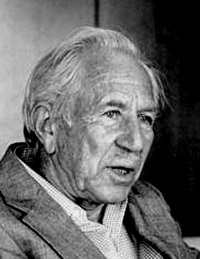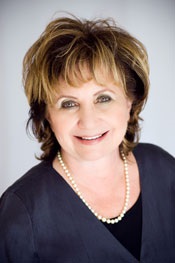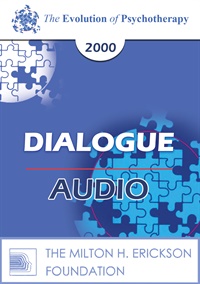EP00 Dialogue 05 - Dealing with Social Violence - Alexander Lowen, MD, and Cloe Madanes, Lic. Psychol.
- Average Rating:
- Not yet rated
- Topic Areas:
- Dialogues | Social Issues | Violence Prevention
- Categories:
- Evolution of Psychotherapy | Evolution of Psychotherapy 2000 | Pioneers in Couples and Family Therapy
- Faculty:
- Alexander Lowen, MD | Cloe Madanes, HDL, LIC
- Duration:
- 57 Minutes
- Format:
- Audio Only
- Original Program Date:
- May 27, 2000
- License:
- Never Expires.
Description
Description: This dialogue addresses the roots of social violence and effective strategies for prevention. Topics include the psychological effects of cultural restriction and overstimulation, the role of empathy, and the impact of spiritual pain. A successful model for reducing juvenile re-offense rates is shared, emphasizing reparation, emotional healing, and the need for broader societal change.
Moderated by Christine Padesky.
Educational Objectives:
- Given a topic, to become aware of the differing approaches to psychotherapy, and to identify the strengths and weaknesses in each approach.
*Sessions may be edited for content and to preserve confidentiality*
Credits
Handouts
| Ericksonian Learning Snapshot (252.7 KB) | 2 Pages | Available after Purchase |
Faculty

Alexander Lowen, MD Related Seminars and Products
Alexander Lowen, MD, was an American physician and psychotherapist. A student of Wilhelm Reich in the 1940s and early 1950s in New York, he developed bioenergetic analysis, a form of mind-body psychotherapy, with his then-colleague, John Pierrakos. Lowen was the founder and former executive director of the International Institute for Bioenergetic Analysis in New York City.

Cloe Madanes, HDL, LIC Related Seminars and Products
Cloé Madanes, HDL, LIC, is a world-renowned innovator and teacher of family and strategic therapy and one of the originators of the strategic approach to family therapy. She has authored seven books that are classics in the field: Strategic Family Therapy; Behind the One-Way Mirror; Sex, Love and Violence; The Violence of Men; The Secret Meaning of Money; The Therapist as Humanist, Social Activist and Systemic Thinker; and Relationship Breakthrough. She has presented her work at professional conferences all over the world and has given keynote addresses for The Evolution of Psychotherapy Conference, the American Association of Marriage and Family Therapy; the National Association of Social Workers, The Erickson Foundation, the California Psychological Association and many other national and international conferences. Madanes has won several awards for distinguished contribution to psychology and has counseled outstanding individuals from all walks of life.


